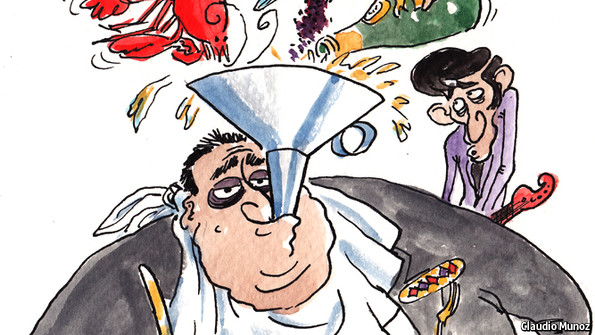
Doctors typically give patients prescriptions for medications. But a new program in New York City has doctors prescribing fruits and vegetables to obese or overweight patients.
Deputy Mayor Linda Gibbs and Health Commissioner Thomas Farley launched the Fruit and Vegetable Prescription Program Tuesday. It aims to give at-risk families greater access to healthy foods.
Under the program, obese or overweight patients can be prescribed Health Bucks redeemable for produce at local farmers markets.
Health Bucks are a part of the citys GrowNYC initiative to make locally grown produce available to low-income New Yorkers. The vouchers are accepted at more than 140 New York City farmers markets.
The Fruit and Vegetable Prescription Program is meant to benefit whole families and communities at a time. Patients in the program receive $1 in Health Bucks per day for each person in their family for a period of at least four months. Each month, patients check in with the hospital to have their prescriptions renewed, and their weight and body mass index evaluated. They also receive nutritional counseling.
Bronx resident Tammy Futch says her family has seen positive changes since starting the program.
“My son lost 40 pounds [being on] this program,” she says, “and also I lost weight doing it with him. … I have four other kids also doing the program.”
The prescription program was started by Wholesome Wave, a nonprofit that connects low-income people with local, farm fresh foods. In 2011, the group piloted the program at sites in Massachusetts, Maine, California and Rhode Island. It has now expanded to seven states.
This summer, Lincoln Medical Center in the Bronx and Harlem Hospital Center became the first New York State facilities to participate in the program.
Fat Thanks to Sona S. for the tip!
NYC Doctors Are Now Prescribing Fruits And Veggies : The Salt : NPR









